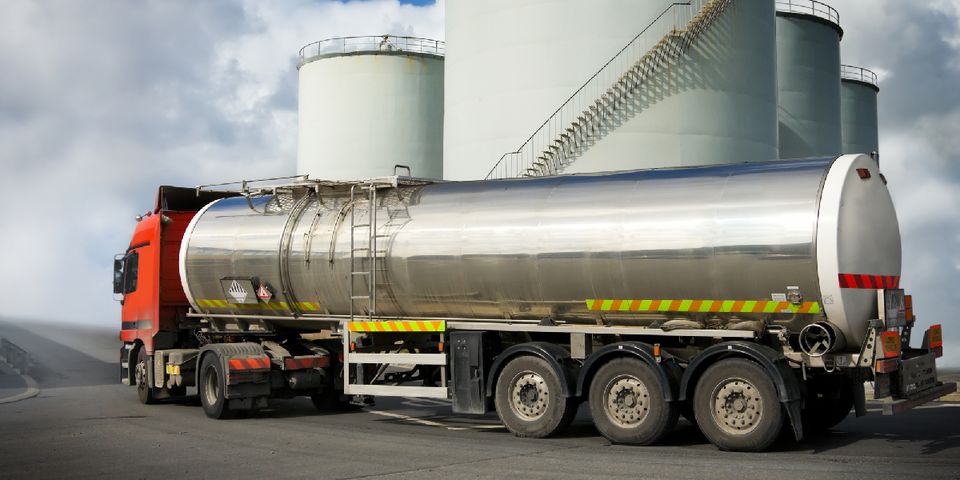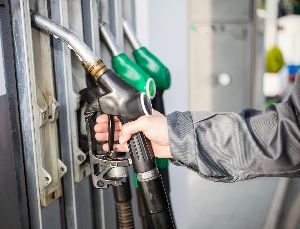
Many vehicles powered by diesel fuel contain a substance called diesel exhaust fluid (DEF). It’s required in any diesel-fueled model produced in 2010 or later, and it plays an important role in the vehicle’s environmental performance. Whether you’re in the market for a new vehicle or just purchased one, here’s everything you need to know.
What Is Diesel Exhaust Fluid?
DEF is a blend of deionized water and commercial-grade urea. This non-hazardous mixture is introduced into the vehicle’s exhaust stream to prevent nitrogen oxide (NOx) gases from causing environmental damage. Without DEF, those emissions resulting from diesel fuel combustion could spell significant trouble for the atmosphere. Specifically, the gases are very reactive, and they can produce noxious fumes that are both harmful for people to breathe and damaging to the air.
Why Is It So Important?

The fluid became the industry standard in 2010 in response to growing concerns over environmental damage. DEF easily breaks down the NOx emissions and converts them into completely harmless oxygen, water, and nitrogen.
It does so by heating up the water and urea to create ammonia. This component then degenerates, causing the NOx gases to neutralize in the process. That leads to fewer toxic emissions ejected from the tailpipe.
How Often Should It Be Replaced?
Manufacturers build diesel vehicles in a way that causes the engine to slow down if DEF levels start to dip. You’ll see a warning light illuminate when that level falls, so you can quickly top it off.
Generally, you can expect about a gallon of DEF to burn for every 200 to 300 miles that you drive. If you operate heavy-duty trucks or are on the road often, those miles can accumulate quickly. Keep in mind that the diesel and DEF tanks are distinct from one another. The nozzle for DEF is smaller, so you can never put the fuel nozzle in the DEF opening.
Ensure that your vehicle always runs smoothly by leaning on Bradigan’s Incorporated. Located in Kittanning, PA, and proudly serving drivers throughout Armstrong County and the surrounding areas, the company’s stations are conveniently located so you can fill up on anything from diesel fuel to DEF when you need it the most. Visit the website for more information, or call (724) 548-7654 if you have any questions.
About the Business
Have a question? Ask the experts!
Send your question

